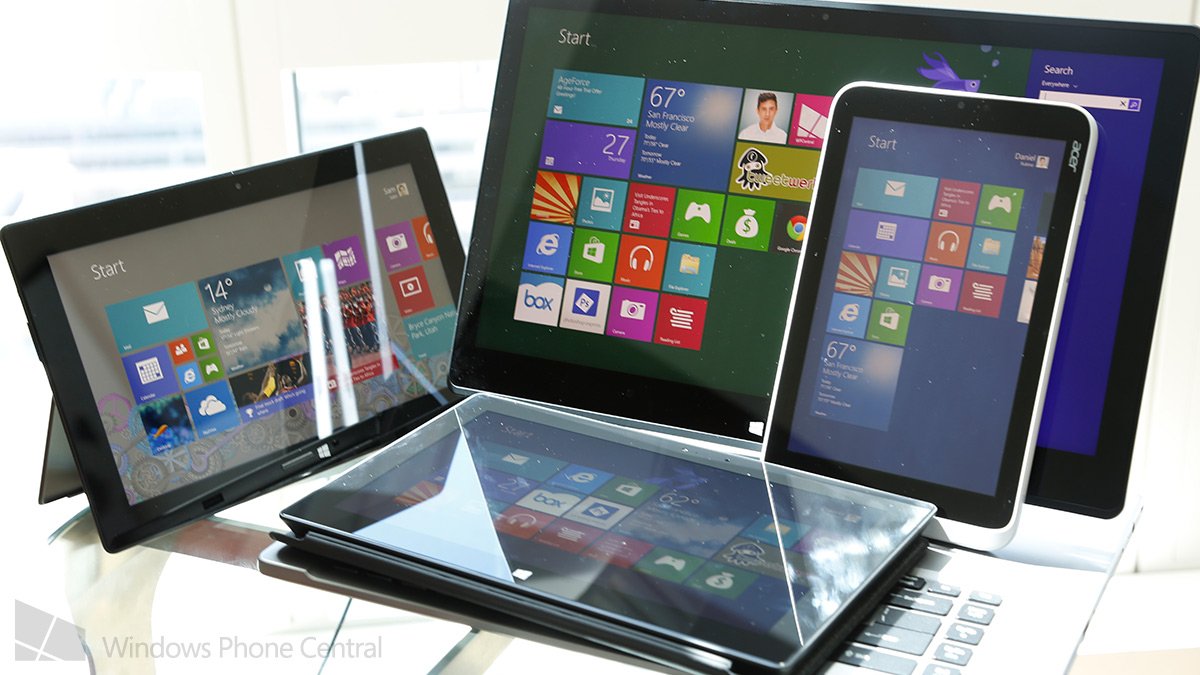Chinese government gives Windows 8 the cold shoulder

The Chinese government released a statement today in which it declared that it will not be using Microsoft's Windows 8 operating system on any government computers. China's Central Government Procurement Center issued the ban, citing the usage of energy-saving products.
The Chinese central government's news channel, Xinhua News Agency, stated that the ban was enforced to ensure computer security, without elaborating on how the ban would promote energy-saving products or ensure security. The ban means that Windows 8 cannot be installed on any desktop, laptop or tablet that is used for government work.
China's decision to ban Windows 8 may be a direct result of Microsoft's decision to end support for Windows XP last month. The lack of support means that users on Windows XP are now vulnerable to viruses and hackers.
According to data firm Canalys, Windows XP makes up an estimated 50 percent of the desktop market share in China. Even though computer sales in China match that of the U.S., the revenue generated from software is a fraction of the hardware sales due to rampant piracy.
The Chinese government reportedly asked Microsoft to offer continued Windows XP support for free, mentioning that most users in the country recently purchased genuine licenses. However, Microsoft issued a statement announcing that China, like the rest of the world, will have to pay for custom support.
Microsoft China has taken special actions to closely work with leading Chinese internet security and anti-virus companies including Tencent for them to provide security protection for Chinese Windows XP users before they upgrade to modern operating system.
China's decision to ban Windows 8 will severely affect Microsoft's ability to market the OS in the region, as the government is the biggest source of revenue for computer software companies in the country. The government is reportedly working on an alternative to Windows XP based on Linux that will be distributed freely to all users in the country.
Source: Reuters
Get the Windows Central Newsletter
All the latest news, reviews, and guides for Windows and Xbox diehards.

Harish Jonnalagadda is a Senior Editor overseeing Asia for Android Central, Windows Central's sister site. When not reviewing phones, he's testing PC hardware, including video cards, motherboards, gaming accessories, and keyboards.